Introduction to Build Your Own Home Golf Workshop
If you’re reading this post, you likely decided it was time to start doing your own golf club work and you’re trying to figure out where to start. You’re not looking to be the next great builder, but you want to be able to work on your own clubs and maybe help a buddy out from time to time. This post will cover the basic tools for an at home golf workshop so you can do basic club work. If you have any of your own suggestions, make sure you comment below.
NOTE: All prices are approximations based on various websites like Golfworks.com and Harbor Freight.
Why Do Your Own Club Work?
I will be the first person to advocate using a top-tier professional club builder for all of your golf club work, but the reality is there are a lot of us that have that “tinkering gene” in us. Not only that, but I’m too impatient to wait for my clubs to get back to me. Naturally, I decided I had to be able to do a lot of my club work myself. Admittedly, I’m nowhere near as good as a lot of my friends in the building game, but I can quickly and affordably take care of my own equipment for the most part in the comforts of my garage. Hopefully this post will direct you down the right path to do the same.
Tools to Get Started
It’s important to understand what you’re trying to do and what level you’re looking to get into. If you’re starting from scratch and have no building experience, you’ll need a jumping off point. I recommend a few basic tools that will allow you to perform the following:
- Regrip your clubs
- Pull steel shafts
- Prep shafts and club hosels
Vise – $50
This will prove to be one of the most valuable tools in your shop and will be used to hold many other tools and objects firmly in place during your work. Can be used for regripping and pulling steel shafts.
Vise Clamp – $2
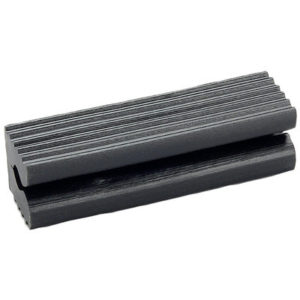 This simple rubber pad goes on your golf shaft so you can safely clamp it into the vise to perform regrips or any other necessary work requiring the shaft to be clamped.
This simple rubber pad goes on your golf shaft so you can safely clamp it into the vise to perform regrips or any other necessary work requiring the shaft to be clamped.
Workbench – $100
You need a good solid bench to attach your vise to as well as to lay out your various projects. Could you make do without one? Sure, you could probably rig something up, but it certainly makes life a lot easier.
Heat Gun – $30
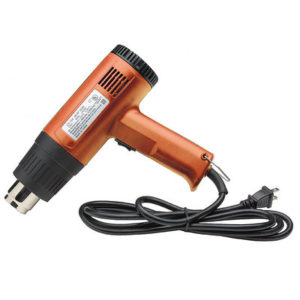
One of the most versatile tools you’ll have in the golf shop. Great for pulling heads, removing grip tape, and tons of other uses.
Regripping:
Utility Knife w/ Hook Blades – $6
You can use the regular razor blade, but the hook blade makes cutting off old grips a breeze.
Grip Tape – $7-12
Various builders have their own tape preferences for grips, but you can’t go wrong with some double-sided grip tape. You can buy various widths and sizes depending on preference.
Grip Solvent – $10
Grip solvent provides a clean and quick-dry lubricant to the tape and grip for installation.
Solvent Pan – $15
Pretty self explanatory here. The solvent pan neatly collects your grip solvent to keep your floor space from becoming a mess. The one pictured above is pretty minimal and easily mounts to your bench with a couple of screws. You can remove the bracket when you aren’t using the pan.
Shaft Pulling & Installation:
Drill – $40
A key tool for shaft installations. Will be used to drill out stubborn epoxy, shaft tips, cleaning hosels, etc. Also get yourself a nice set of drill bits of varying sizes.
Hosel Honing Wire Brush – $4
After you pull a shaft from a club head, you need to clean out the club hosel of excess epoxy in order to have a clean/strong next installation. Pop one of these suckers into your drill and get to work.
Hosel Cleaning Sleeves – $6
Sometimes the wire brush won’t get your hosel clean enough or you may need to abrade the surface a bit more for a strong bond with the epoxy. Pop this into your drill and get to work too. Be warned – don’t go crazy because you don’t want to widen the hosel size with this.
Belt Sander – $55
The belt sander is KEY for prepping the shaft tip before installation in a new club. This could be simply abrading a new shaft or cleaning old epoxy and abrading a shaft pull. Once you get a little more advanced, you can also use it turn ferrules.
Epoxy – $7+
There are tons of different epoxy options from quick set, which takes five minutes to be usable, to higher strengths that take up to 24 hours. After incidents of epoxy failure in my past, I try and stick with high-strength 24-hour cure epoxies for every club other than a putter. With the higher impact, you want a nice strong bond.
Epoxy Mixing Sticks – $3
There are literally a million different options of tools you could use to mix epoxy. I prefer to always keep a bag of these in my toolbox and just throw them away when I’m done. They work perfect.
Ferrules – ~$3 / dozen
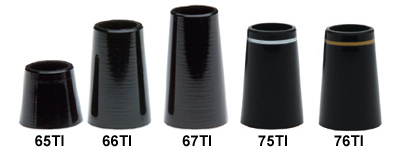
Very easy to forget about when you’re just starting out with basic club building. Make sure you have some ferrules on hand to properly finish your club. Also make sure you have the right size ferrules for the shaft you are using.
Kimwipes – $5
The unsung hero of the starter shop. I read about these being clutch on one of the forums and they were right. Great for cleaning up wet excess epoxy from the ferrule and club head after you install a club. I swear by these.
Epoxy Cleaning Solvent – $11

Epoxy cleaning solvent isn’t a must, but I highly recommend it for the amateur builder. Chances are you will have epoxy ooze out onto the ferrule and hosel. This cleaner makes cleaning that excess epoxy much easier – especially with the wipes above.
Saws
This is a tough one. Theoretically, you could get by with a hack saw for graphite shafts and a pipe cutter for steel shafts. It works. But if you want to make nice clean cuts and risk less damage, especially when tip trimming, I highly suggest a ~6 inch cutoff saw as pictured above. I picked one up cheap and it was a game changer in my “shop.”
Hand Held Shaft Cutter – $11
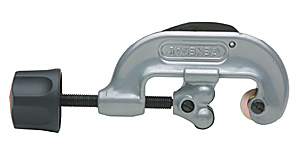
Ok, fine, don’t buy a saw. Technically, you can buy special wheels for these to cut graphite shafts too, but frankly that scares me. These little pipe cutters are good for cutting steel shafts if you don’t have a saw.
Club Ruler – $10
You could absolutely survive with a measuring tape for measuring your clubs, but this $10 48-inch metal ruler makes measuring golf clubs on your workbench much easier. If you want to go the measuring tape route, you’ll be fine as well.
DIY Golf Club Repair Tool Upgrades
Now we’re into more upgraded tools if you decide you want to get a little more serious with your work, but still don’t want to go nuts with big time equipment and big time price tags.
Shaft Puller – $180
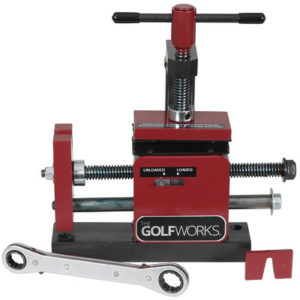
Ok, so you want to pull more than the occasional steel shaft. Regardless of what you read, you MUST use a shaft puller when pulling a graphite shaft. If you don’t, you can pretty much guarantee trashing the shaft. There are a lot of options out there, but the GolfWorks one pictured about has worked like a champ for me for years. At something like $20 a club to get a shaft pull done at a store, this thing will easily pay for itself if you’re into this kind of work.
Blow Torch – $5+
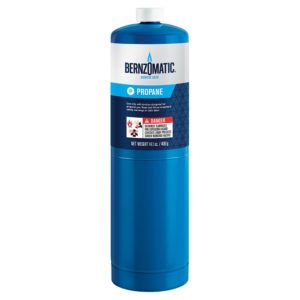
Now that you’ve developed a little bit of touch in your workshop and understand how it all works, you may be ready for a blow torch of some sort. I prefer propane, but you can certainly use others. A torch like this is good because it heats quicker and more direct than a heat gun so your epoxy will break down faster and risk less heat damage to your graphite shaft when pulling. In other cases, you’ll find epoxy to be too stubborn for a heat gun and a propane torch is the only answer for the job.
Gripping Station – $110
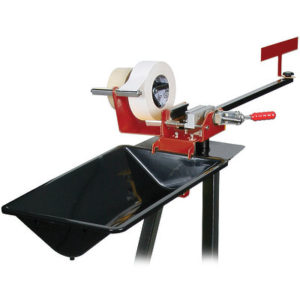
This contraption addresses a lot of needs. You have a shaft clamp, tape dispenser, and solvent pan all in one unit. If you’re going to do a little more than once-in-a-blue-moon work, this is nice to have. Conveniently, you can mount it in a vice so it doesn’t have to be a permanent fixture on your bench.
Swingweight Scale – $80+
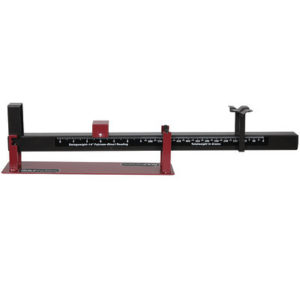
Ok, there are a ton of different options for swingweight scales. There are also a ton of different arguments for which ones you should get and how much money you should spend on one for accuracy. Swingweighting can make a huge difference to a build so you want to get a decent one. I personally have been happy with the $80 version pictured above.
Swingweight Tip Weights
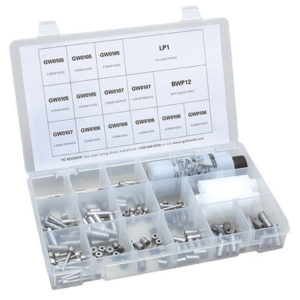
The best builders are likely building to a swingweight using tungsten power because they can add and subtract at a more granular level. For the at-home builder, you could certainly use powder too (which I will sometimes) but I tend to keep a swingweight weight kit stocked for my projects. It’s easier, quicker, and good enough for my needs. Mind you, I said good enough, not perfect. Using tip weights can leave you with inconsistent weighting throughout your build.
Shims
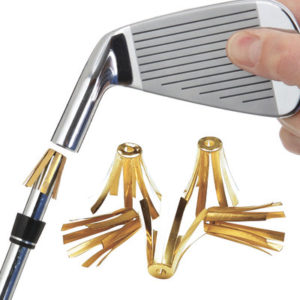
Shims are typically used when putting a smaller shaft into a larger hosel. Another purpose a shim can serve is to just make sure you have a nice snug fit when building a set of irons, even if the shaft and hosel size are a match. Anyway, never hurts to have some shims laying around just in case.
Extensions – $2+
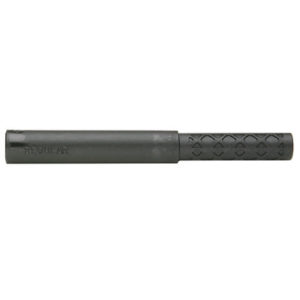
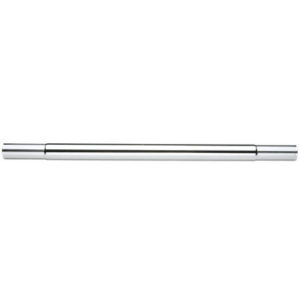
Shaft extensions can come in all sorts of sizes and materials. Obviously it’s more ideal to not use an extension, but every now and then the job calls for it. I always keep a handful of extensions laying around just in case I appropriately need one.
Ferrule Turning Arm – $40
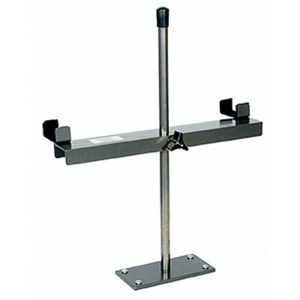
The pros don’t need a ferrule turning arm, they’ll do it by holding it to the belt. I’m not good at that so I use a turning arm. This makes turning ferrules and getting a smooth and consistent shape much easier. This arm can also be used for tip prepping a shaft.
Belts for Belt Sander – $5+
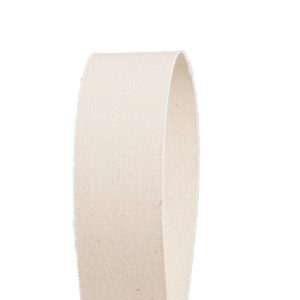
There are tons of options here and a wide price range, but different belts can serve different purposes. I like to have a linen belt for turning my ferrules so as to not mess up any hosels, adapters, or shafts when turning. For prepping a shaft, I’ll throw a regular sand paper belt on and use that.
Air Compressor – $100
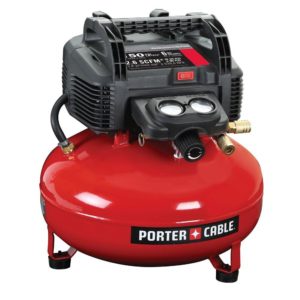
Air compressors are great for a variety of things in the golf shop. Pulling grips, cleaning, etc. Mind you, most compressors do not come with a hose. You will also have to buy all accessories required. In my garage, I use mine mostly for pulling grips and media blasting.
Bonus Tools – Nice to Haves
The first thing you need in any shop is what I consider to be my most critical tool – the Bass Pro Shop trucker hat. While not necessarily a golf work tool, it’s clutch in the work shop. Given it’s not directly related to golf tools, that’s why it’s in the bonus section.
Scissors
Pretty simple, don’t even need a picture or price. Useful for cutting tape when you don’t have a grip tape dispenser. Will also be useful for other odds and ends.
Paper Towels
Always good to have around. I prefer to buy the “industrial shop towels” to be able to handle heavier duty spills and whatnot.
Q-tips
These come in handy in the most random of situations. Great for cleaning out some hosel debris, working a ferrule, cleaning out paintfill, etc. Q-tips are just a nice random tool when you need it.
Old T-Shirts
If you’re anything like me, you have a seemingly endless cycle of old t-shirts to get rid of. I donate most I’d say, but I keep a few in the garage as they make great rags for golf projects. Useful for polishing metal, cleaning a crown, and/or polishing a turned ferrule.
Mineral Spirits & Acetone
Chemicals commonly used to clean and lubricate. Great for removing sticker or tape residue, paintfill, etc. Also used for finishing turned ferrules.
Shop Apron
This one may sound silly too, but if you’re doing more than one small task, you’ll realize club work gets pretty dirty. A shop apron can help protect your clothes from graphite dust, epoxy, grip solvent, and any other messy substance you’d prefer not to get on your clothes.
Metal Picks
A small and cheap tool that’s great to have around. Good for scraping paint out, removing lead tip weights, and god knows what else you’ll find a use for with these. I constantly find myself using these for some random task.

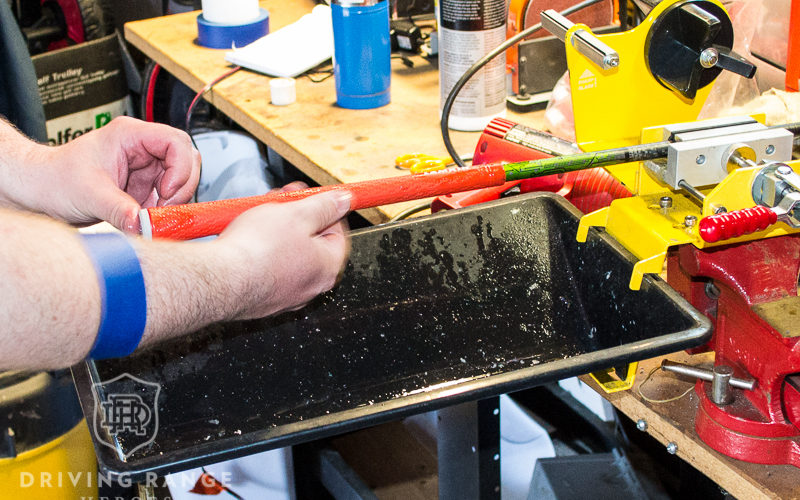
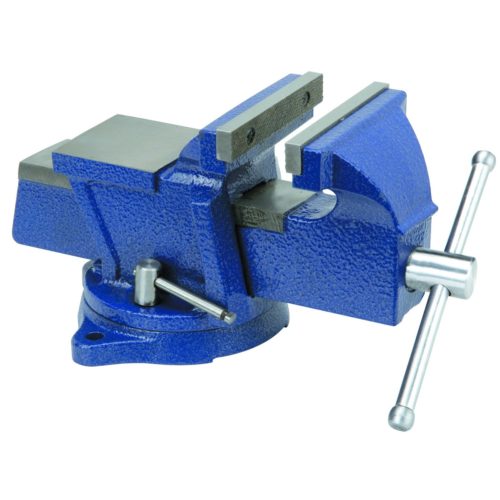
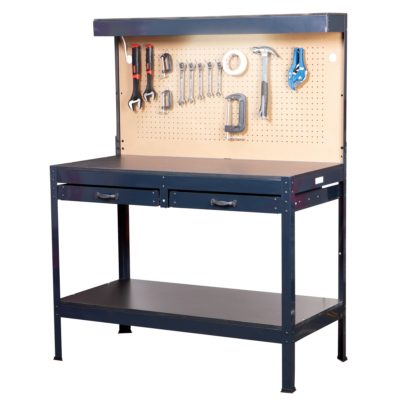
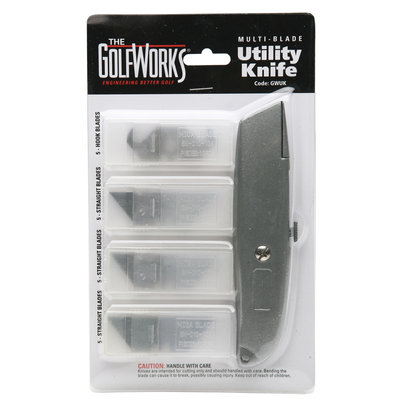
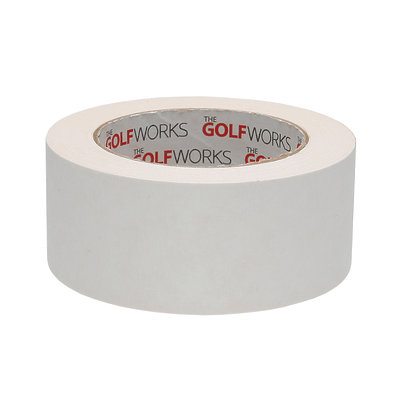
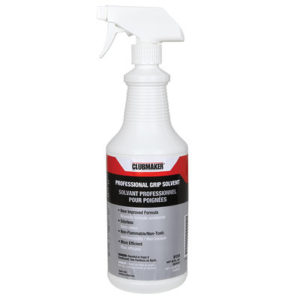
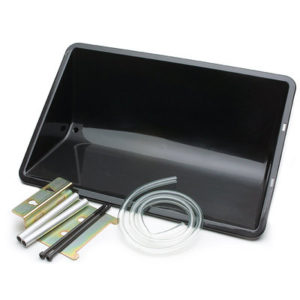
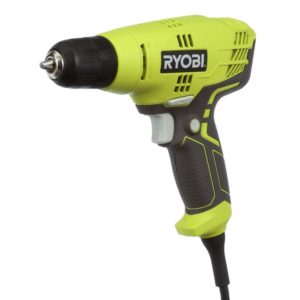
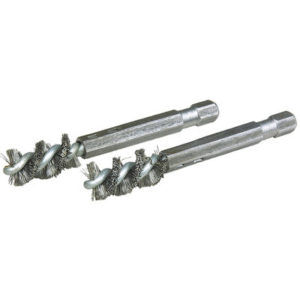
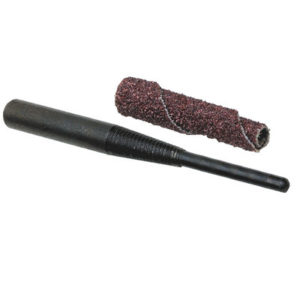
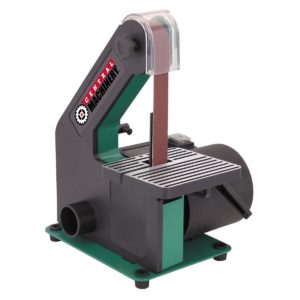
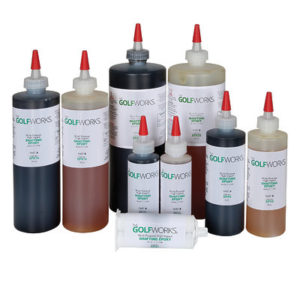


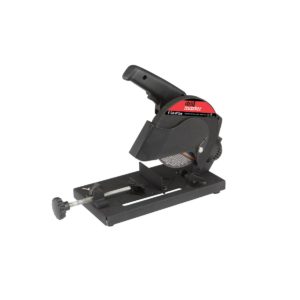
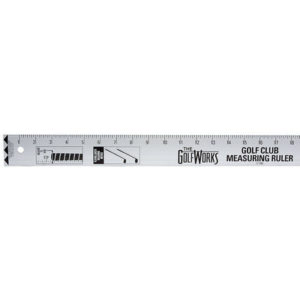
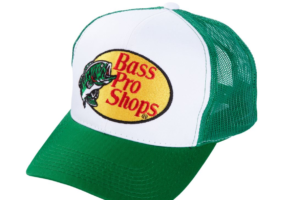

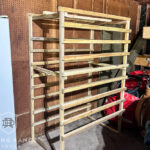
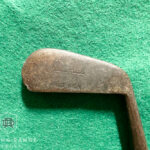












Great write up. If had to do without one of those would be the gripping station and use the vise grip along with the rubber vise clamp to regrip and get a good shaft puller if you plan on doing more reshafting. If not stick to wait is on the list above
I have a piece of equipment that I don’t have any ideal what it is